The Importance of Brand Differentiation in Healthcare
In an era marked by rapid advancements and innovation, companies operating within the Pharma, Medtech, and Medical Device sectors are not just competing for a share of the market but are also striv...

